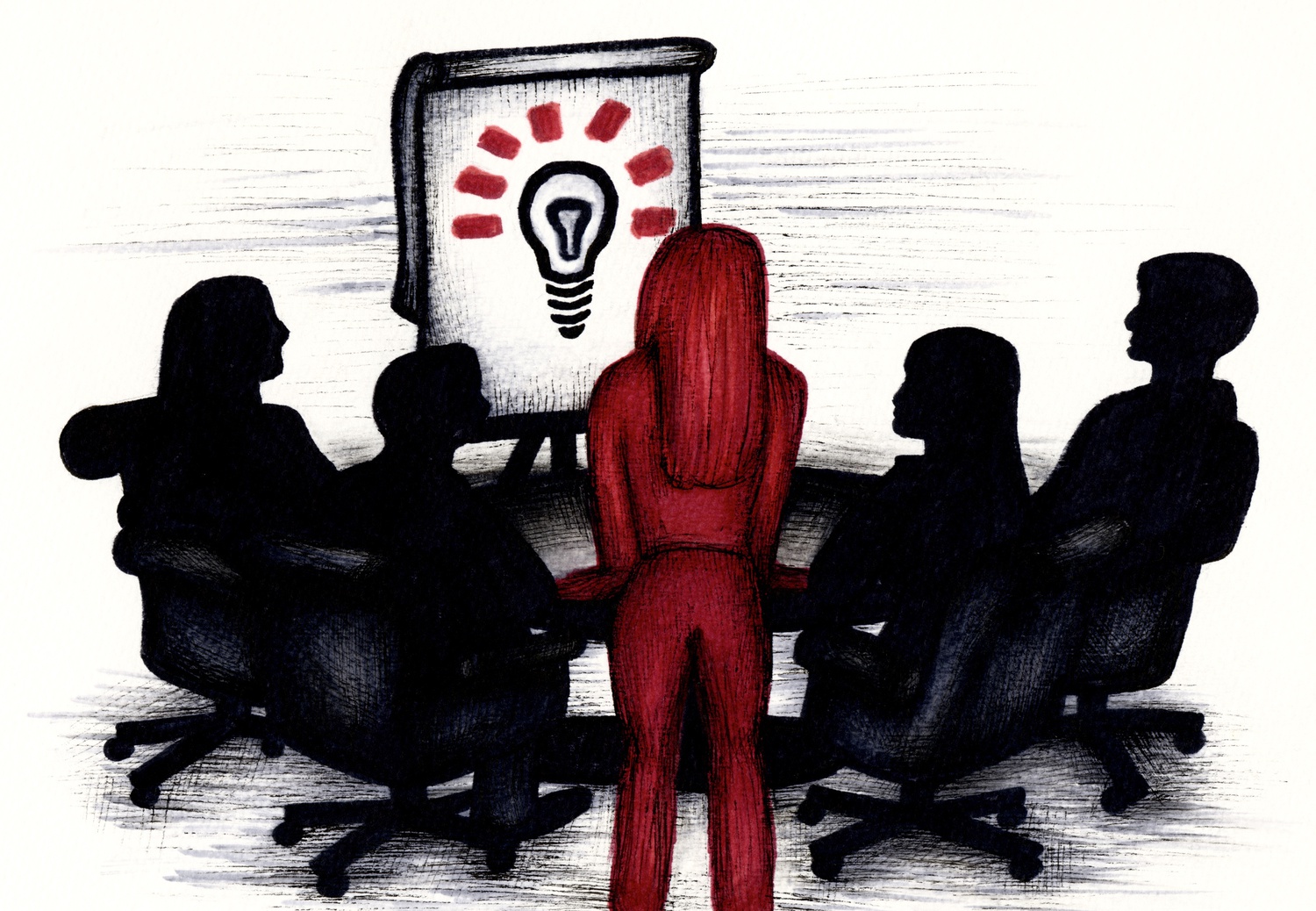
News
Summers Will Not Finish Semester of Teaching as Harvard Investigates Epstein Ties

News
Harvard College Students Report Favoring Divestment from Israel in HUA Survey

News
‘He Should Resign’: Harvard Undergrads Take Hard Line Against Summers Over Epstein Scandal

News
Harvard To Launch New Investigation Into Epstein’s Ties to Summers, Other University Affiliates

News
Harvard Students To Vote on Divestment From Israel in Inaugural HUA Election Survey
Don’t Be So Quick to Say #MeToo to Cancel Culture

I am a sexual assault survivor. I am the one in five women who will be sexually assaulted during college, according to the National Sexual Violence Resource Center. I am also a part of the 90 percent of sexual assault victims on college campuses who do not report the assault. But, it may not be for the reason you think.
Although a bit outdated now, this 2007 report by the National Institute of Justice found that the three main reasons students do not report sexual assault are: (1) they did not think it was serious enough to report, (2) it was unclear that a crime was committed or that harm was intended, (3) they did not want anyone to know about the incident.
Yet, my decision to refrain from reporting was not because of any of those listed by the NIJ. Instead, I was afraid of hostile treatment towards my perpetrator. There is no handbook on how to process trauma like sexual assault — for the victim or for those around them. That is precisely what makes the publicity of reporting such a daunting task: the unpredictability it necessarily invokes in how anyone, including the survivor, responds.
Perhaps surprisingly, more so than the fear of judgment of myself as a survivor, I was afraid of the judgment it would provoke of my perpetrator. He had been a close friend for years — a relationship that was not without its own trials and tribulations, but still one of the closest ones I had ever forged. The guilt he showed in our discussions of the incident was palpable, his remorse undeniable. He apologized profusely and sincerely, and took actionable steps to ensure he never mistreated another human being again.
To me, the victim of his actions, that is all that mattered. I decided for myself that it was my prerogative as the aggrieved party to delineate when justice had been served on my behalf. While his actions satisfied my demand for justice, I must confess that a fear of “cancel culture” also contributed to my ultimate decision to not report.
I was afraid of the unforgiving and seemingly arbitrary “cancel culture” that often accompanies reports of sexual assault — the public cries to “cancel” someone that commonly appends these incidents in pop culture movements like #MeToo. It represented a response that I, the victim in the incident, could not control even though my wellbeing should be the foremost priority.
Last week, I heard Tarana Burke, the founder of #MeToo, speak at The Cambridge Union. As she recalled the journey of the movement and the tremendous role it has served in supporting survivors, she also mentioned that it was not the responsibility of the organization to account for individuals who may distort the message of the #MeToo Movement into one that advocates for “cancel culture.”
Merriam-Webster defines cancel culture as the removal “of support for public figures in response to their objectionable behavior or opinions. This can include boycotts or refusal to promote their work.” Yet, even though the #MeToo movement founder criticized aspects of the #MeToo movement’s that latch onto juicy details and seek harsh punishments on all perpetrators, Merriam-Webster attributes, at least partially, the pervasiveness of “cancel culture” — which often prompts exactly that kind of lashing out publicly and with incomplete information — to #MeToo.
Indeed, the #MeToo movement and its founder have made accountability for sexual assault more accessible by tapping into technology, like social media and digital news. But, I do not believe that the movement can take credit for those positive outcomes without also recognizing its contribution to the popularization of arbitrary cancel culture. The online #MeToo phenomenon must also take responsibility for often doling out punishments and consequences that the survivors themselves may not have even wanted. As a movement that prides itself on prioritizing sexual assault survivors, it has to reconcile this messaging with the contingent of advocates who often adjudicate without consulting first.
However, I do understand how a sexual assault incident is not only an attack against that individual, but it is also an attack against the core values of a society and its state. That is why criminal court cases are prosecuted by the state, by the society that has been afflicted by an individual’s actions. But, that is also why we must separate the court of law from the court of public opinion — and while pursuing a criminal route through the court of law is often the decision of the survivor, how the court of public opinion proceeds once granted the information is rarely in their control.
Individuals in any society deserve to have information that enables them to protect themselves. That is why we have a mechanisms like the sex offenders registry. However, those kinds of public goods often require the survivor to self-report, and if we as a society do not demonstrate how the victim’s desires are our priority in the court of public opinion, then we kneecap ourselves in the court of law moving forward.
Reshini Premaratne ’21 is a joint concentrator in Social Studies and Near Eastern Languages and Civilizations in Currier House. Her column appears on alternate Mondays.
Want to keep up with breaking news? Subscribe to our email newsletter.
